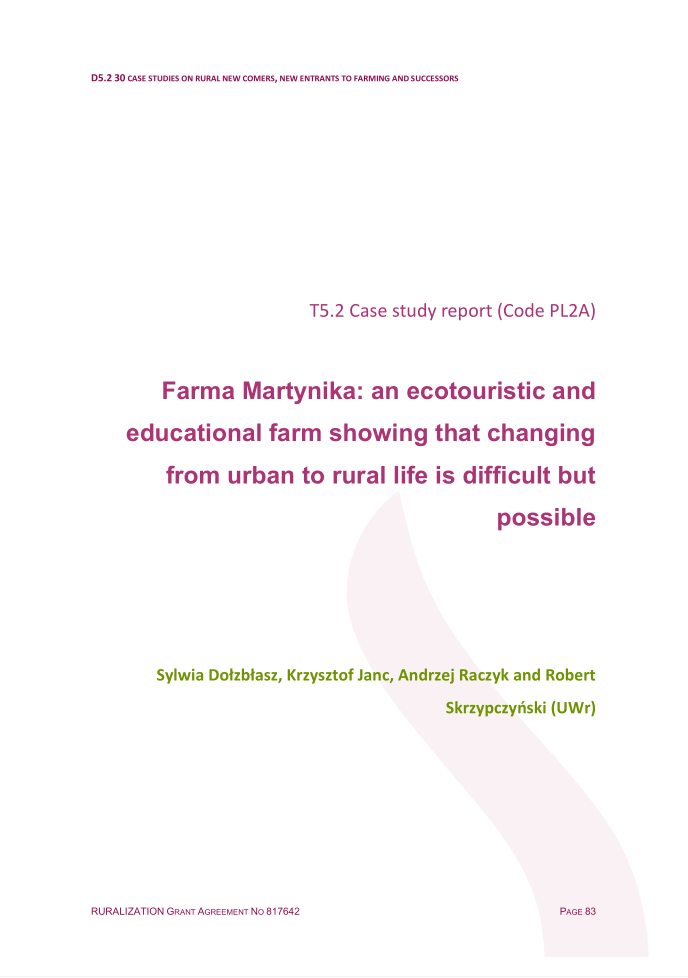Section title: Farma Martynika (PL2A) – 2A
Sub-section/paragraph: Case 2 A
Highlights: Martynika is an eco-touristic farm established in 2013 in the village of Jaroszówka (Poland) by a pair of newcomers from the city of Warsaw. Given their experience in business and pedagogy, they decided to renovate the farmhouse and set up an agricultural and agritourism business offering additionally a wide range of workshops (for children and adults). In practice, the agricultural activity proved to be more challenging than the owners had anticipated so they focused on the development of agro-tourism and workshops, some of which are closely related to rural life, e.g. permaculture, preparing for rural life, and also ceramics, stove-making, and recycling workshops. An important aspect of Martynika Farm is the strong focus on ecology, both in terms of workshops and the agricultural production and way of life. As of now the hosts are focusing on returning to active farming of organic crops, especially important are the preparations on how to distribute and sell. An important conclusion from the analysis of this practice is that starting agricultural production by new entrants is very difficult and requires very good preparation. A good solution is, as the owners of Martinique did, to prepare an alternative, plan-B path to earn money in the countryside.
Download
Category: Case study
Country: Poland
NUTS1 region: PL5 South-Western
Type of region: Intermediate
RUR actor group: New Entrants
Single persons role: Providing funding, Providing consultancy, and Entrepreneur
Rural development pathway: Multifunctional Agriculture, Rural-Urban Relations, Bioeconomy, Agroecology, and Human Capital
Access to land pathway: Supporting farmers before accessing land
Rural development topic adressed: Lack of economic diversity, Local food supply, Educational opportunities (formal, informal, vocational), Cultural activities, and Environmental conservation
Type of action: Community and knowledge sharing, Education & training, Agroecology, Diversification: Agritourism & recreation, and Diversification: Artisan, art & culture


